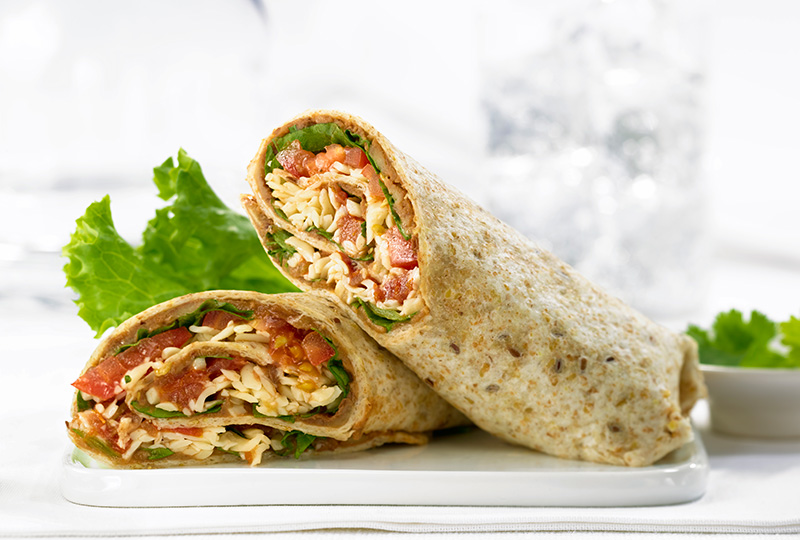Carb-loading before a long run can make the difference between succeeding and hitting the wall.
Most seasoned runners have heard that carb-loading is an important part of preparing for a long race like a half marathon, a full marathon, a triathlon or other competitive athletic event. But it is still unclear for many athletes what exactly that means. How much carbohydrate should you eat? When should the carb-loading start? What foods are best to ensure a full tank on race day?
If you plan to compete for longer than 90 minutes, you will want to maximize the amount of glycogen stored in your muscles, because poorly fueled muscles are associated with unnecessary fatigue. You don’t want that on your big day. Carb-loading refers to eating more carbohydrate-rich foods. It’s a strategy to maximize the glycogen stores in the muscles.
What are the best foods for carb loading?
You have many options when it comes to high-carb foods, including rice, pasta, bread, potatoes, crackers and fruit. Choosing the ones that are most easily digestible is your best bet. I like tortillas, steel cut oats, sweet potatoes, quinoa, brown rice and Greek yogurt with fruit.
In addition to increasing carbohydrate intake, cut back on foods higher in fat to compensate for the extra carbohydrate-rich foods. It is not possible to completely fill your glycogen stores with just one meal so it is recommended that you start carb-loading two to three days before your race.
Be sure that you carb-load, not fat-load. For example, instead of choosing a roll with butter for 200 calories, have two plain rolls for 200 calories. Enjoy pasta with tomato sauce rather than cheese and meat. Choose low-fat frozen yogurt, not full-fat ice cream.
When should you start carb-loading?
For optimum results, practice carb-loading for a few days before your last two hard training days, if possible. This will help you get a sense of what foods agree with your digestive system.
“Practice what you eat. You don’t want to try anything new on race day,” said Jessica Bennett, a Vanderbilt University Medical Center registered dietitian and certified personal trainer. “Every body is different and you never know what will work best for you. Consider a food/symptom journal to help you document what is working best during training runs.”
Additionally, Bennett recommends eating right after your taper runs; within 30 minutes is ideal for muscle rebuilding. This is the time when glycogen is most ready to be stored in your muscles.
About a week before your event, take time to plan what the change to your diet will be leading up to the big day. By then you should know what works for your body. If you will be traveling for the race, check the menus of the restaurants nearby and think about where and what you will eat. Plan your carb-rich dinner the night before the race to be on the small side so that you can fully digest everything. Consider eating a more substantial carb-rich meal at lunch instead.
How many carbs should you eat?
When carb-loading before a race, your diet in the last few days should comprise mainly carbs, about 85 to 90 percent. Experts suggest a minimum of 4 grams of carbohydrate for every pound of body weight. For example, if you weigh 150 pounds, that equates to 600 grams of carbs or 2400 calories.
On race day, try to eat a bagel, yogurt or small bowl of oatmeal about three hours before the race to get that last bit of glycogen stored. Some runners like to set the alarm to get up and eat, then go back to sleep for a bit longer.
What you eat on race day is critically important and can dramatically impact your muscle glycogen stores. By fueling yourself properly before and during the event, you will be able to give your maximum effort and put all of your training to the test in the best way possible.
Stacey Kendrick, MS, is a health educator with more than 20 years of experience in wellness and population health. She spent much of her career at Vanderbilt’s Faculty/Staff Wellness Program and currently works in Strategic Marketing at Vanderbilt. She is mother to two adult daughters. In her free time, she teaches healthy cooking classes, runs, gardens and enjoys backyard bonfires.


